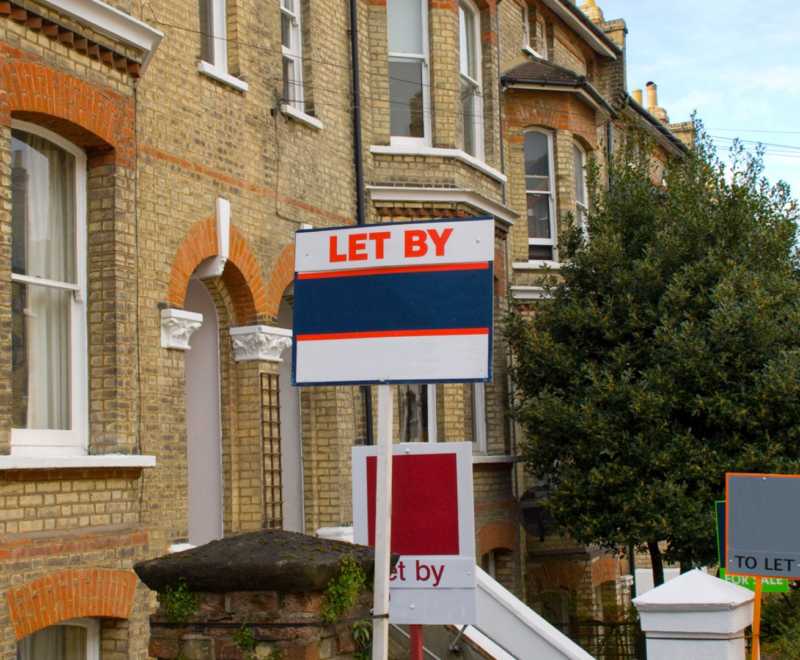If you are planning to rent a property out for the duration of a vacation with the family, then maybe you could use a short-term rental. This could be as short as a weekend, week or as long as a couple of months.
What does short-term letting mean?
Property rental can be divided into short-term and long-term leasing. Short let properties are offered fully furnished with all bills included in the rent. There are advantages and disadvantages for landlords to renting out properties under a short-term rental contract.
If you are planning to rent for a vacation with the family, then more than likely you will enter a short-term rental. This could be as short as a weekend, week or as long as a couple of months. A long-term rental is typically considered anything six months or longer.
So, we can define the short-term rental: any letting agreement that lasts less than six months, but often it is just a few weeks, a weekend or even one night.
Wikipedia says: Short stay was a term coined by the company Vancouver Short Stay Apts. Inc. in 2002 in Vancouver, British Columbia, Canada by Mr. Edwin and Mrs. Jeanne Pennell. It describes furnished self-contained apartments that are rented for short periods of time, usually by the month as opposed to annual rentals in the unfurnished apartment rental market.
If you’re thinking of moving home or letting a property, conducting a property valuation is an essential step in the process. Look at what has sold recently and you too can estimate your home value.
Short-term lets are often seen as an alternative to hotels, with apartments varying from studio apartments to luxury apartments. ‘Short Stay’ rental is an offshoot of the corporate housing market. Popular uses include vacation rental and relocation.
This industry is seen as the most affordable option for month-long stays, and might be 25-50% cheaper than a hotel room. Another bonus is that some companies permit pets. Bear in mind that booking procedures to be expected are credit checks, damage and holding deposits, and departure cleaning fees.
If you have found that online photographs and descriptions are misleading of the property you are short-term renting, contacting the company in question is recommended.
Long term rental Vs. Short term rental

Remember that each option represents a different segment of the rental market and comes with its own challenges!
A long term lease is typically six months or longer. Offering stability and security, they’re favoured by landlords and investors looking for a high return on investment (ROI), and tenants eager for stability of location.
A short term lease is generally for a period of six months, few weeks or less. Perfect for landlords in a high demand area and agile and flexible tenants, they’re a great lower risk option.
Additionally, landlords can receive much higher income than long-term rental by charging higher nightly rates; particularly around seasonal peaks.
The disadvantage is that there are many things to manage; booking calendars, check-ins, check-outs, higher possibility of wear and tear; and cleanings for example.
A long-term rental represents a good solution for owners that don’t use their flats for long periods of time. The management of long-term rentals is much easier than short-term rentals.
The benefits of short let property
Flexibility – Short term leases give you flexibility in your tenant selection. If your property is in a high demand area where demand outstrips supply, you can have the pick of the crop.
If the market continues to perform well, you’ll have the security of continuous occupation, along with the opportunity to increase your rent (and alter your lease terms and conditions) with subsequent leases.
Income – Short term lease rentals are higher than those of long term rentals for similar properties so your income rises. Short term lease rentals are higher than those of long term rentals for similar properties so your income rises.
Let Terms – In the case of a long term lease you, as the landlord, are locked into a set of lease terms and conditions for an extended period of time. With short term leases, you can change the terms to suit your changing needs with each new lease.
Tax treatment of short term lets
There are special tax rules for rental income from properties that qualify as furnished holiday lettings (FHLs).
If you let properties that qualify as FHLs:
- You can claim Capital Gains Tax reliefs for traders (Business Asset Rollover Relief, Entrepreneurs’ Relief, relief for gifts of business assets and relief for loans to traders)
- You’re entitled to plant and machinery capital allowances for items such as furniture, equipment and fixtures
- The profits count as earnings for pension purposes
To benefit from these rules, you need to work out the profit or loss from your FHLs separately from any other rental business.
Accommodation that qualifies as a FHL
To qualify as a FHL your property must be:
- In the UK or in the European Economic Area (EEA) – the EEA includes Iceland, Liechtenstein and Norway
- Furnished – there must be sufficient furniture provided for normal occupation and your visitors must be entitled to use the furniture
The property must be commercially let (you must intend to make a profit). If you let the property out of season to cover costs but didn’t make a profit, the letting will still be treated as commercial.
All your FHLs in the UK are taxed as a single UK FHL business and all FHLs in other EEA states are taxed as a single EEA FHL business.
You’ll need to keep separate records for each FHL business because the losses from one FHL business can’t be used against profits of the other. Source: gov.uk
For some property owners, especially buy-to-let landlords who need to turn a business like profit, a six-month rental may still be the right choice.
Love Your Postcode Estate Agents in Birmingham gives your home maximum exposure online & offline, getting it more views from potential applicants, therefore more offers, and ultimately the highest possible finishing value. This means you end up with more money in your pocket and you enjoy a higher quality service. Call us on 0800 862 0870 or book a free valuation today.
By








